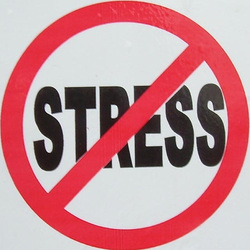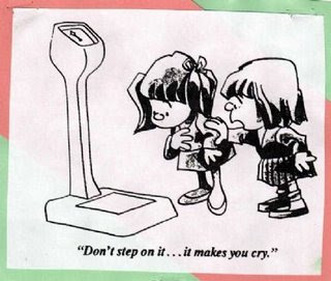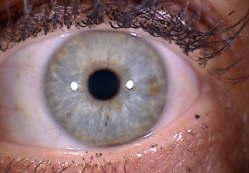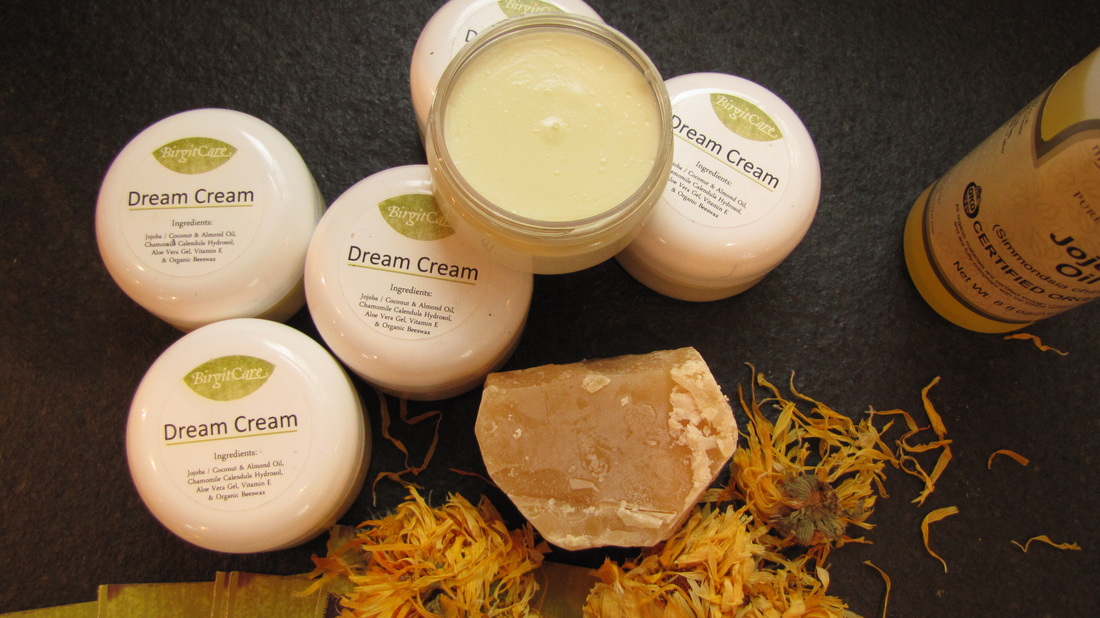We can go quite a long time without food as long as we stay well hydrated. Medically speaking, most doctors agree that healthy humans can go up to eight weeks without food as long as they have water. Living without water is very different from living without food. We need water to live, plain and simple. We lose water through sweat, urine, feces and even breathing. Assuming we are not in a hot or cold climate, and we have a healthy body, we could go up to 3-4 days without water before dying.
Generally speaking the MAYO CLINIC recommends up to 8 cups of water a day. Although Americans regularly drink, it is estimated that 10% of Americans don’t drink water at all….ever.
I once had a client who proudly announced that she is not doing that “WATER” thing meanwhile she had a dysfunctional thyroid and weight problem.
The average healthy adult contains 70% water. As we age the percentage of overall hydration decreases in the body tissues, affecting overall health and symptoms. It is also known that obese people are more likely dehydrated due to the fact that fat cells inhibit the storage of water within the body.
Here are few signs of moderate dehydration:
· Dry eyes and mouth
· Heart palpitation
· Blood pressure fluctuation, getting up from the floor and feeling dizzy are signs of dehydration
· Muscle cramps
· Constipation
· Chronic Fatigue
· Dry skin -check by pulling the skin on top of your hand if it does not move back quickly you are dehydrated
· Dark yellow urine
· Constant hunger
· Joint and back pain
· headache
Chronic dehydration can lead to allergies, autoimmune diseases, cancer, diabetes, lupus, chronic depression and chronic exhaustion. For more information about the connection of dehydration and disease please refer to the book, “Your Body’s many Cries for WATER”, by F. Batmanghelidi.
During my consultation I ask my clients how many cups of water they drink, usually the average person has around 4cups, but meanwhile each of my clients has at least 2- 3 cups of coffee, 2 glasses of alcohol, 2-3 cups of soda per day.
Coffee, soda and alcohol are very dehydrating, even if you find information on the internet telling you different. For every cup of coffee and/or alcohol you lose up to one cup of fluid do to the high content of acid. We all know that beer, wine and coffee makes us end up at the restrooms quite often throughout a girls’ night out.
Most of my clients start their day right away with coffee, which results into an extremer dehydration since the body is already naturally dehydrated from the night before.
We not only need water to have our body systems function, we also need water to flush out toxins, which is one of the most important factors during chemotherapy and radiation.
But remember not every water has superb quality, I suggest purified filtered water as the best form of hydration. I actually owe a filtration system on the top of my kitchen counter that eliminates chlorine and fluoride from the tap water, without eliminating important minerals.
I once saw an interview with an older very healthy looking woman. The reporter asked her about her BEAUTY and HEALTH secret and she said: “Every day I walk around 5miles at my neighborhood, every time I pass by at my house I go inside and drink one cup of water, so I know after I am finished I had at least 5 cups of pure water for the day.
So next time you happen to read another article about a miracle diet, instead of reading get yourself a tall glass of water and drink it.
Birgit your Herbalist






 RSS Feed
RSS Feed
